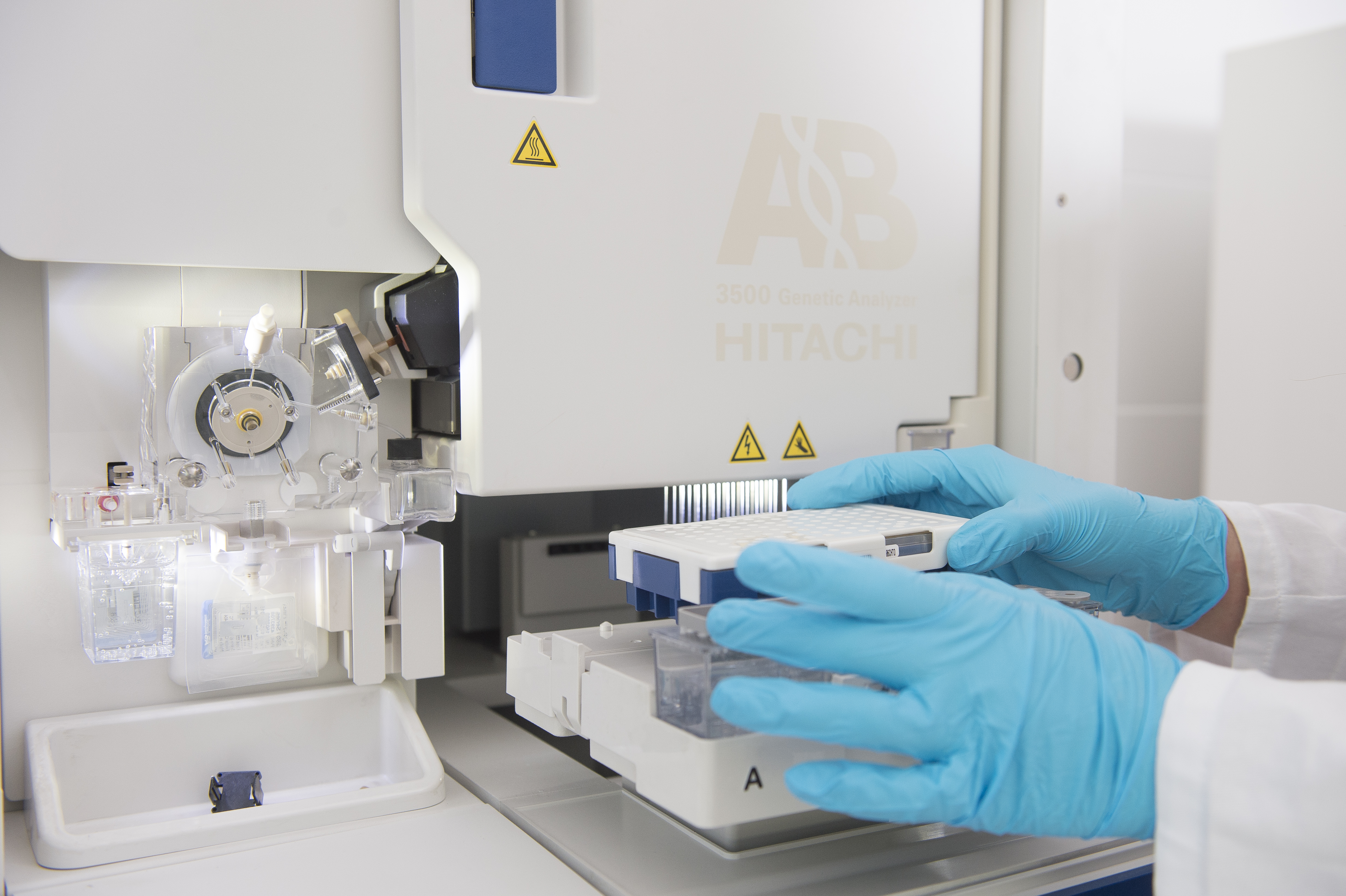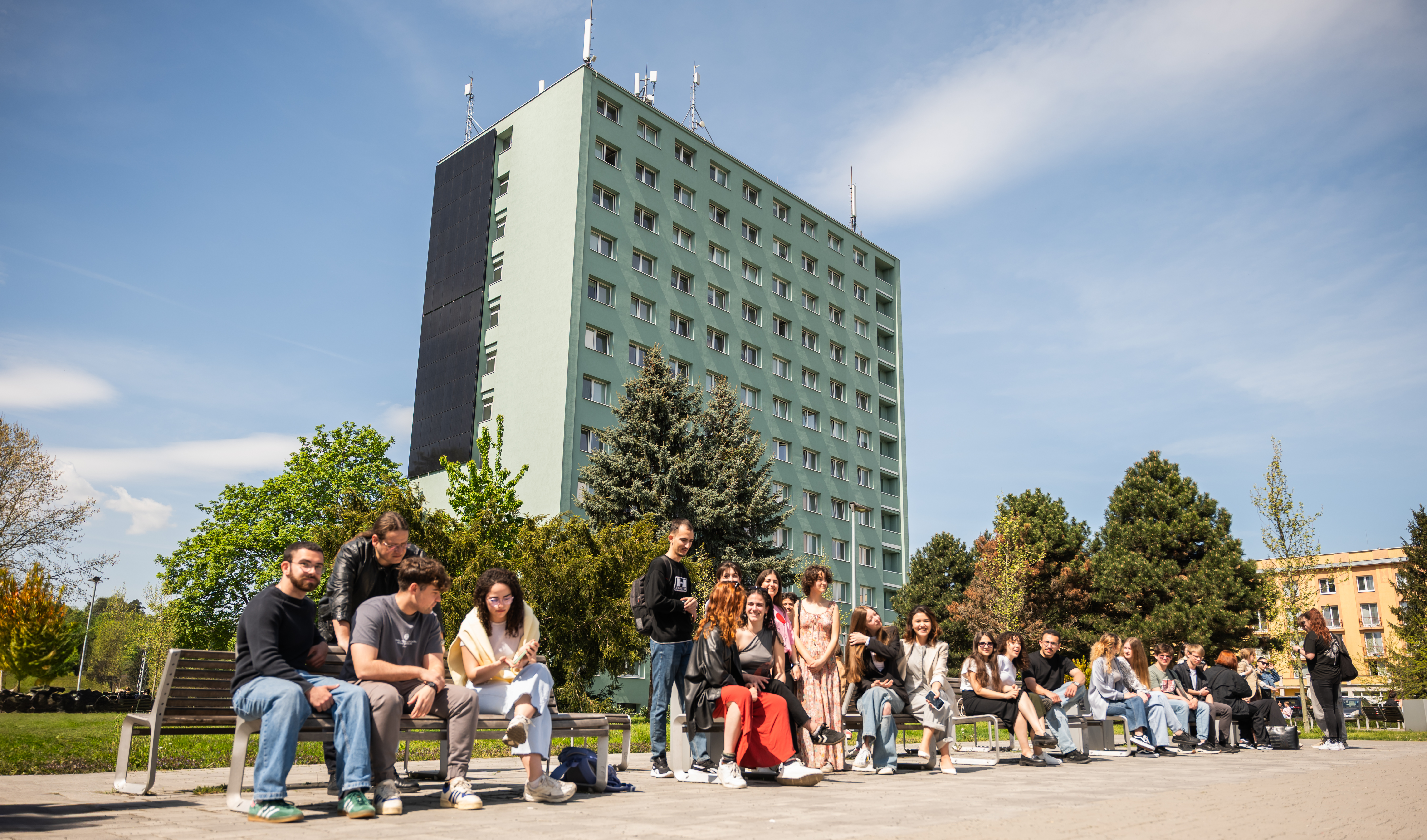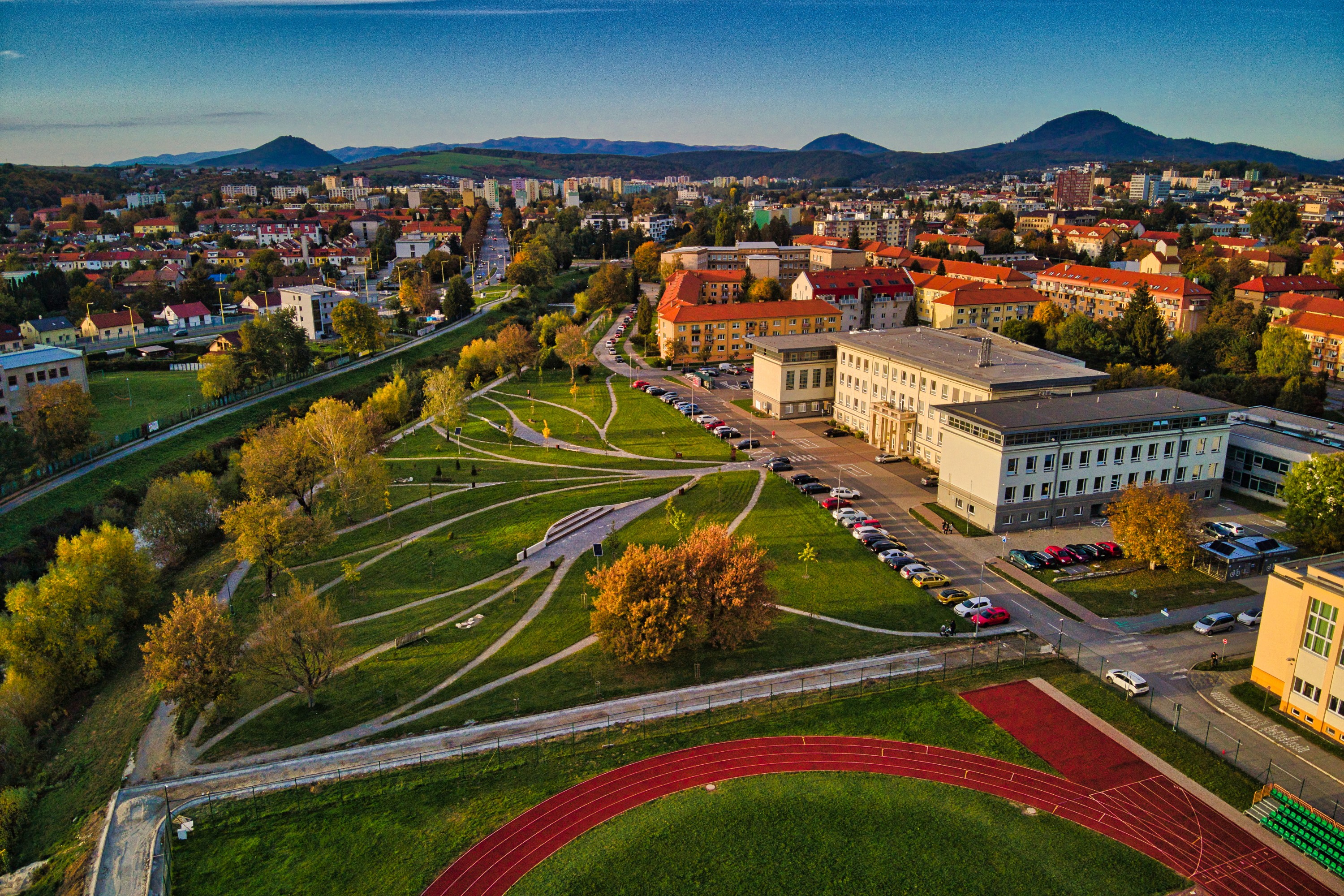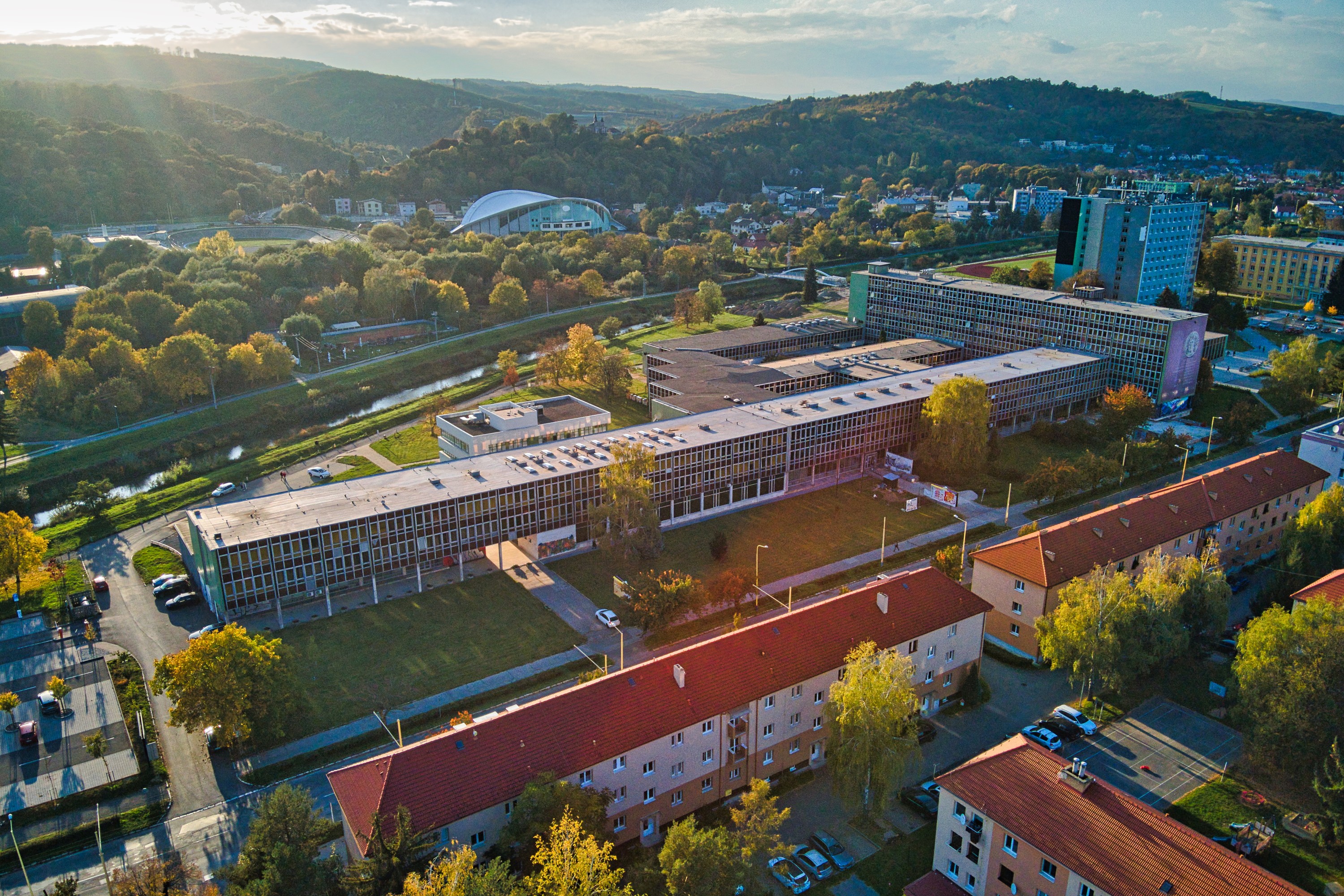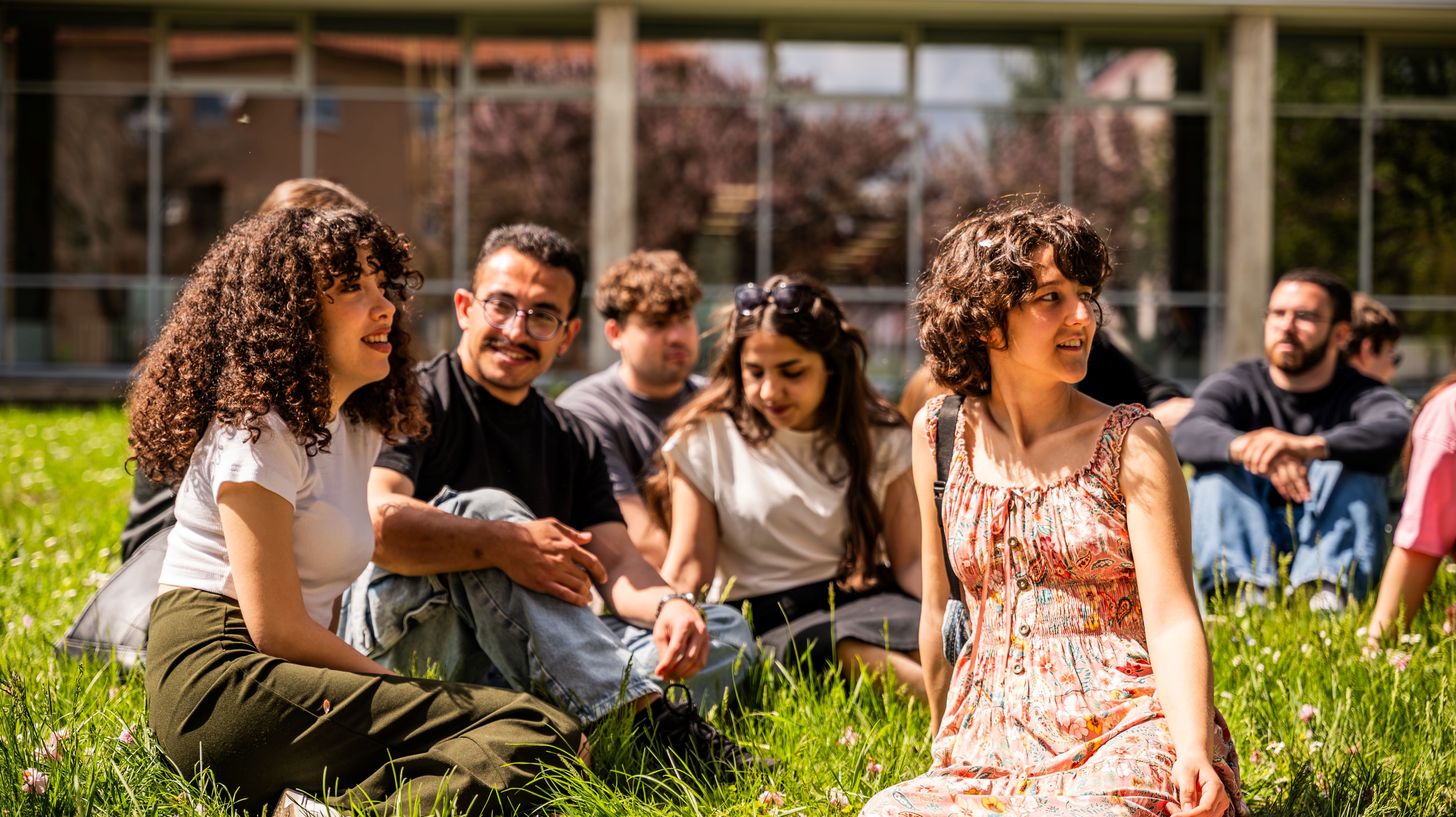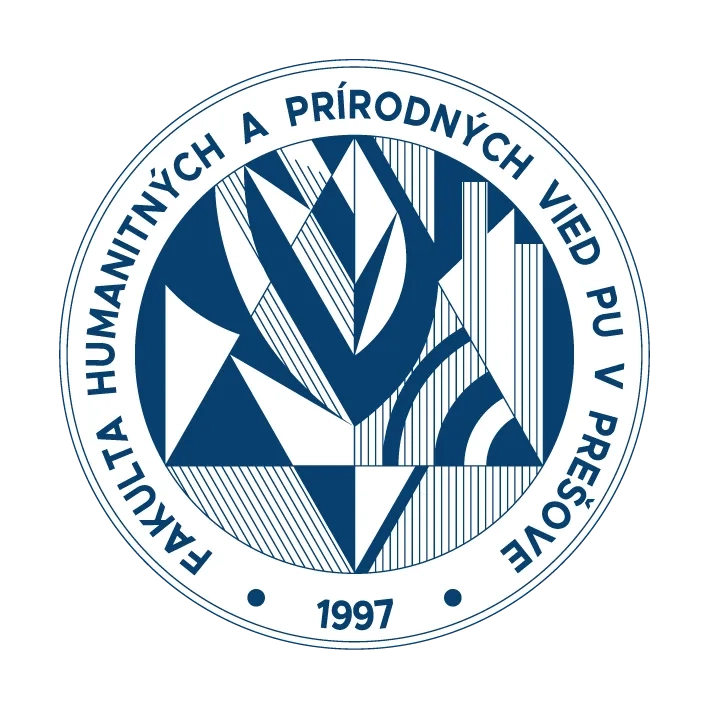Doctoral in Anthropology
4 years full-time study/5 years part-time study
Requirements: Master's degree in Anthropology, Biology, Medicine or similar field of study, English language proficiency at B2 level (CEFR)
Course Description
Anthropology is the only scientific discipline that studies humans from a natural science perspective, taking into account both their biological and social nature. This comprehensive approach to the relationship between humans and their environment aligns with definitions used at European universities. Graduates of the doctoral program in Anthropology are specialists equipped to work across a wide range of fields. They may pursue careers in academic and research institutions as scientific researchers, university lecturers, or team leaders. Their expertise is also valuable in analyzing human remains in archaeology, forensic science, criminology, healthcare, diagnostics, sports science, and museums. In addition, their knowledge can be applied in public administration, particularly in the fields of culture, sports, and ergonomics (e.g., design, architecture, occupational medicine). They are qualified to carry out independent research, develop national and international scientific projects, and take on leadership roles in research institutions.
Course curriculum
The doctor’s degree in Anthropology Studies is a four-year program (240 ECTS). The study plan is firmly rooted in the natural sciences, with a strong emphasis on ecological theory, quantitative and qualitative research methods, and the scientific foundations of environmental and ecological inquiry. The curriculum combines advanced coursework with independent research, allowing for interdisciplinary integration across biological, environmental, and applied sciences.
Program Outcome
The graduate is capable of evaluating and appropriately selecting methods for basic and applied research in the field of biology. They possess extensive expert knowledge across multiple areas of the discipline, which serves as a foundation for conducting research and development in the respective field. The focus is on acquiring the latest theoretical knowledge based on the current state of scientific understanding in various branches of biology. They study biological systems and biochemical processes using the most advanced methodological approaches. Through creative experimental work, the graduate contributes not only to the advancement of science and scientific knowledge but also produces results of scientific value that can be applied in agriculture, forestry, medicine, pharmacology, and in the protection of genetic resources of plants, animals, and humans.
Knowledge Acquired:
- possess a coherent, systematic and comprehensive body of professional knowledge in cultural, social, clinical, sport, forensic, physical, ethnic anthropology, paleoanthropology, auxology and other specialized areas,
- can define and describe the basic contexts of anthropology and anthropological research in an interdisciplinary context,
- has a deep knowledge of theories of human development, genetic patterns, inter-population differences, behavioural patterns, abnormalities of individual development, sophisticated methods and procedures of science and research corresponding to international criteria,
- has information on the current state of scientific knowledge and takes it into account when formulating research objectives and interpreting research results,
- has knowledge of current social processes in the context of their genesis, in their historical and cultural context and in the context of today's globalisation tendencies.
Skills acquired:
- can explore sources of professional information dealing with human research issues from different perspectives and acquire new knowledge in an active way,
- be able to use the knowledge acquired as a basis for carrying out research and development in the relevant field of anthropology and related sciences,
- actively implements information on the current state of scientific knowledge in his/her scientific research activities, proposes, verifies and implements new research and working procedures, improves and develops theories of variability and processes of change of the human organism throughout ontogenetic and phylogenetic development,
- is able to implement interdisciplinary overlaps, new approaches, methodologies and technologies in the study of human beings in the context of adherence to scientific and ethical principles,
- has manual skills in the use of instrumentation in anthropological research and specialisation fields (e.g. molecular biology, genetics, biometrics, ergonomics),
- can formulate new hypotheses and strategies for further research and development in the field of anthropology, and critically analyse and evaluate information.
Competences acquired:
- demonstrates the ability to conceive, design, implement and adapt a larger anthropological research process with academic integrity,
- can contribute to the advancement of knowledge in a specific area of anthropology at an international level and assess the impact of knowledge in terms of addressing social, ethical and global issues,
- can initiate solutions to socio-cultural and economic development and complex problems, including the formulation of solutions to manage ethnic and social contradictions with a view to understanding the cultural distinctiveness and uniqueness of individuals and populations,
- be able to assess and modify their own professional activities, communicate and defend their results in professional scientific communities at national and international level, as well as with the general public,
- can manage and coordinate anthropological and interdisciplinary research tasks and lead specialised teams,
- can promote technical, social and cultural progress.
Career Opportunity
Graduates of the Anthropology doctoral programme are specialists who can apply their qualifications in anthropologically oriented academic institutions and research institutes, as professionals, research team leaders, university teachers, university assistants, etc. The job description consists of the performance of professional, scientific, pedagogical, creative activities and consultancy. They are entitled to carry out independent scientific and research activities in the field of basic and applied research with a focus on anthropology, human biology and forensic sciences. Graduates of doctoral studies can be employed as specialists in skeletal remains at archaeological sites, in forensic and criminalistics workplaces, in medical institutions, in diagnostic laboratories, in sports sciences, in museums as specialists in anthropological collections. As specialists in biology, they can also find employment in the state administration and in state institutions in the departments of culture, sports. They can act as forensic experts and cooperate in investigations with law enforcement authorities, as well as in ergonomic institutions using knowledge of the relationship between man and the working environment (industrial design, occupational medicine, architecture and technology). With his aptitude and skills to develop applied research, prepare national and international projects and lead a research team, he is also ready to take on the position of a manager of a research institution.
Admissions
Entry requirements:
- Completed a Master's Degree (or equivalent degree) in Biology, Anthropology, or a related field (e.g., Genetics, Molecular biology, Medicine or Ecology)
- Excellent academic average or quality academic results
- English language competence at B2 (CEFR level)
- Successful Entrance Examination / Interview – involves an oral interview with a committee and a research proposal presentation or short project description.
Admission procedure:
- pay the application fee of €50 (the confirmation of payment must be attached to the application)
APPLY NOW - fill in and submit the application form
- print the application form, sign it and send it to the Faculty address with the required application documents
- Address: Prešovská univerzita v Prešove, Dekanát Fakulty humanitných a prírodných vied, Ul. 17. novembra 1, 081 16 Prešov, Slovakia
SWIFT: SPSRSKBA
Variable symbol: 103003
Constant symbol: 0308
Note for the recipient: name and surname of the applicant
Scholarships
At the University of Prešov, outstanding academic performance is rewarded through a merit-based scholarship system. Up to 10% of full-time Bachelor's and Master's degree students may receive a motivational scholarship every semester, based on previous exceptional academic achievements.
Additionally, students may apply for motivational scholarships for extraordinary achievements in sports, arts, or research. These opportunities aim to support and recognize students who not only excel academically but also contribute to university life through talent and innovation.
National Scholarship Scheme
Slovakia invites talented students from around the world to pursue their academic goals through the National Scholarship Scheme – Studying in Slovakia Rewards Me. This program offers a scholarship of €5,000 per academic year for two years of full-time Master’s studies at selected public higher education institutions, including the University of Prešov. Master’s program in Management is eligible under this scheme, as it falls within the national Smart Specialisation Strategy (SK RIS3 2021+).
Every year, up to 45 scholarships are awarded at the Master’s level based solely on Scholastic Aptitude Test (SAT) scores. To be considered, applicants must achieve a minimum SAT score of 1100. No other test or substitution is accepted.
Gallery
